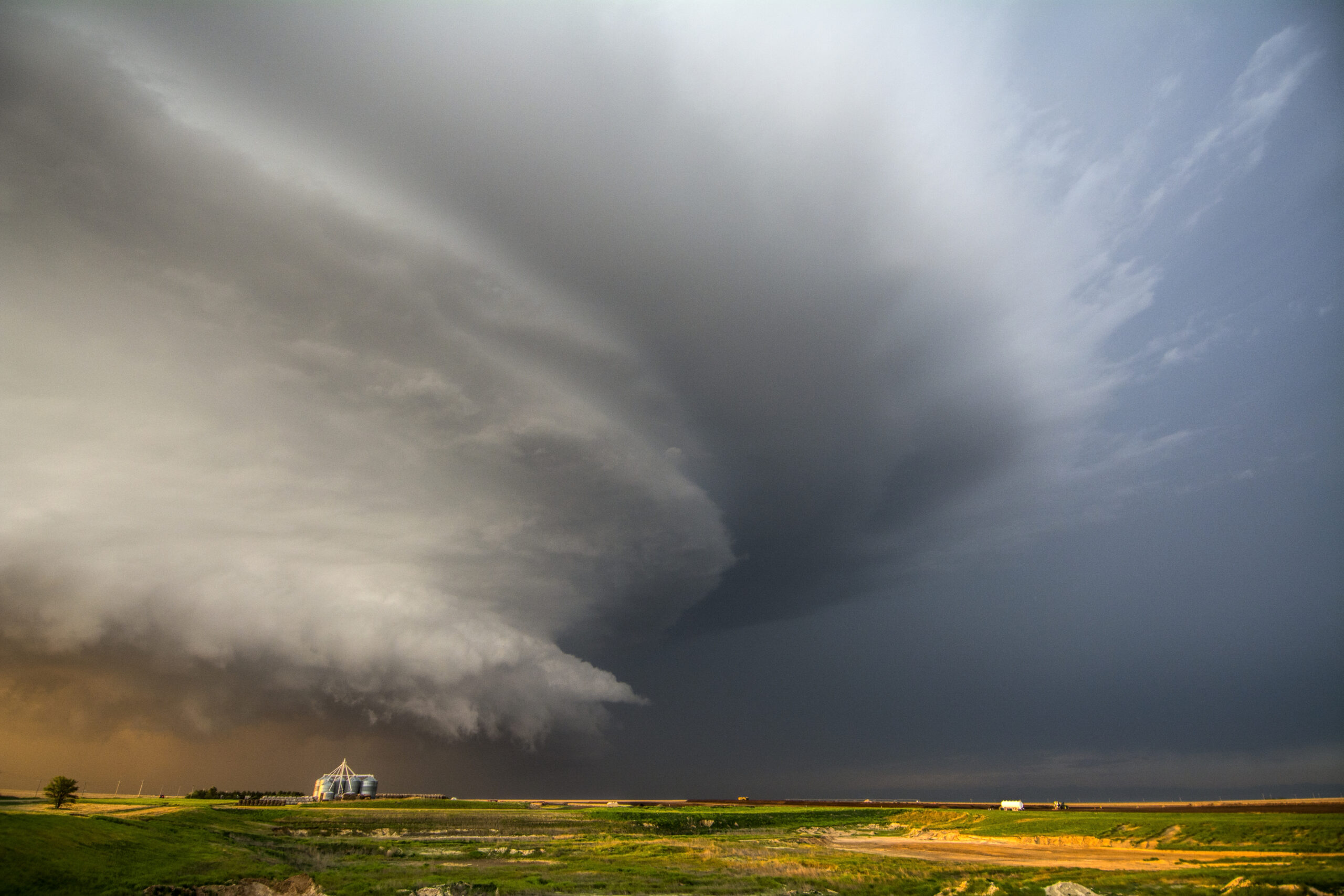There’s no doubt that state legislation is changing the way insured parties work with contractors, especially after a severe weather event. One of the most recent examples of this is HB1774 passed this year in Texas. The goal of HB1774 reduces the penalties insurance companies face when they underpay claims and decreases the chances they will have to pay the plaintiff’s attorneys fees.
If that wasn’t enough, Texas became the first state this month (August 2017) to prosecute a roofing company (Lon Smith Roofing) through a class action lawsuit for the unauthorized practice of public adjusting. How was the state able to prove their case? By reviewing contracts the roofing company had Texas policy holders sign before insurance restoration work began – all of which included an “assignment of benefits” or AOB clause.
Are AOB Contracts Lawsuits Waiting To Happen?
Contracts with an “assignment of benefits” (AOB) clause are not new in the storm restoration industry. Many roofing contractors use this type of contract to be able to communicate with the policyholder’s agent. However, there is a very fine line between communicating, and negotiating for roofers who work directly with insurance companies, and where actions fall are often open to interpretation.
Some states, like Florida, are taking actions to limit the ability policyholders have when assigning benefits of a claim. According to the Florida Office of Insurance Regulation, AOB’s are used to create a loophole for contractors to work and negotiate claims because they are acting on behalf of the insured and seek direct payment from the insurance company.
While the contract Lon Smith Roofing used didn’t specifically state they would negotiate the claim on behalf of the policyholder it did say that Lon Smith Roofing would pursue the homeowner’s best interest for repairs like an AOB contract would. Here is what was listed in the contract:
“[t]his Agreement is for FULL SCOPE OF INSURANCE ESTIMATE AND UPGRADES and is subject to insurance company approval. By signing this agreement homeowner authorizes Lon Smith Roofing and Construction (“LSRC”) to pursue homeowners [‘] best interest for all repairs, at a price agreeable to the insurance company and LSRC. The final price agreed to between the insurance company and LSRC shall be the final contract price.”
According to Charles Fillmore, state prosecutor in the class action lawsuit against Lon Smith Roofing, “the repair contract gave the roofer full and final authority to negotiate the repair contract price with the insurer”.
Furthermore, because the conversations that were had with the insurance companies about policy, scope, and price where done without the insured knowledge or approval this was a direct violation of Texas state laws that prevent unlicensed contractors acting as public adjusters on behalf of insureds. The Fifth Circuit Court of Appeal agreed and affirmed the district court decision.
What Does This Case Means For Storm Restoration Contractors?
In some ways, this case sets the stage for Texas to go after additional roofing companies that use similar language in their contracts with customers. This case also gives other states the framework to file similar class action lawsuits against roofing companies. Currently, 45 states plus the District of Columbia have laws that prevent a “person” from acting as a public adjuster without a license.
For Lon Smith Roofing, this means they must repay all funds received to homeowners that signed these illegal contracts. Every single dollar must be returned to homeowners with claims dating back to 2003 – about 3,000 claims total. The total repayment amount is over a million dollars.
The bottom line is that contractors should review their contracts and remove language that could imply insurance negotiation will take place on behalf of a homeowner or policy holder.







